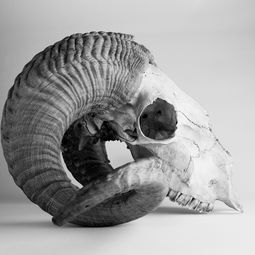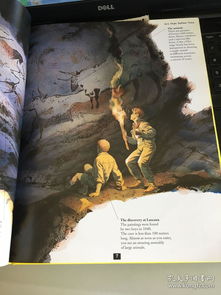Content:
Fishing for freshwater carp, a popular species in many ponds and lakes, can be both a rewarding and challenging experience. Carp are known for their strong fighting spirit and can be quite elusive. Whether you are a seasoned angler or a beginner looking to try your hand at catching these majestic fish, mastering the art of fishing for freshwater carp requires a combination of knowledge, patience, and the right techniques. In this article, we will delve into the essential techniques for successfully fishing for freshwater carp.
Understanding Carp Behavior
Before you can effectively fish for carp, it's crucial to understand their behavior. Carp are bottom feeders and are often found in shallow waters where they can feed on a variety of food sources, including plants, insects, and small fish. They are known to be quite active during the early morning and late evening, but can also be caught during the day if the conditions are right.
Choosing the Right Equipment

The equipment you choose will depend on the specific conditions of the water body you are fishing and your personal preferences. Here are some key pieces of equipment to consider:
Rod and Reel: A medium to heavy-action rod is ideal for carp fishing, as these fish can be quite strong. A spinning reel with a good drag system is recommended, as it allows you to handle the fish's powerful pull.
Line: Use a line that is strong enough to withstand the carp's strength. Monofilament line is a popular choice, but braided line can also be effective, especially in clear water where visibility is high.
Hook: A size 4 to 8 hook is typically used for carp fishing. The size will depend on the bait you are using and the size of the carp in the water.
Leader: A leader of 6 to 12 feet long is often used to prevent the carp from seeing the line and to protect your main line from abrasion.
Bait: Carp are opportunistic feeders and will take a variety of baits. Boilies, corn, pellets, and bread are all popular choices.
Choosing the Right Bait
The type of bait you choose can significantly impact your success. Here are some popular bait options:
Boilies: These are dough balls made from fishmeal and other ingredients. They are highly attractive to carp and can be purchased in various flavors and sizes.
Corn: Fresh corn is a favorite among carp and is relatively easy to use. It can be used as is or soaked in water to make it more palatable.
Pellets: Pellets are small, compressed feed pellets that are designed to attract fish. They come in various sizes and flavors and can be used on the bottom or suspended in the water column.
Bread: Bread is a classic carp bait and can be used in various forms, including crusts, paste, or as a chunk.
Fishing Techniques
Bottom Fishing: This is the most common method for catching carp. You will need to cast your bait to the desired spot and then allow it to sink to the bottom. Once it reaches the bottom, you can start to wind in your line slowly to prevent the carp from spooking.
Suspended Fishing: If the carp are feeding higher in the water column, you may need to suspend your bait. This can be done by using a float or a simple bobber to keep your bait at the desired depth.
Carping at Night: Carp are often more active at night, especially during the summer months. Night fishing can be a great way to catch these fish. Use a headtorch to see your line and bait, and be prepared for the possibility of larger fish.
Patience and Persistence
Carp fishing requires patience and persistence. It's not uncommon to spend several hours without a bite, so be prepared to wait. Stay focused and be ready to set the hook as soon as you feel a tap on your line.
Safety and Etiquette
Always prioritize safety and good angling etiquette when fishing for freshwater carp. Be aware of your surroundings, especially if you are fishing in a public area. Respect the water and the fish you are targeting, and practice catch-and-release if possible.
In conclusion, fishing for freshwater carp can be a fulfilling and enjoyable activity. By understanding carp behavior, choosing the right equipment and bait, and employing the appropriate fishing techniques, you can increase your chances of success. Remember to be patient and persistent, and always practice safety and good angling etiquette. With the right approach, you'll be well on your way to becoming a master of freshwater carp fishing.












